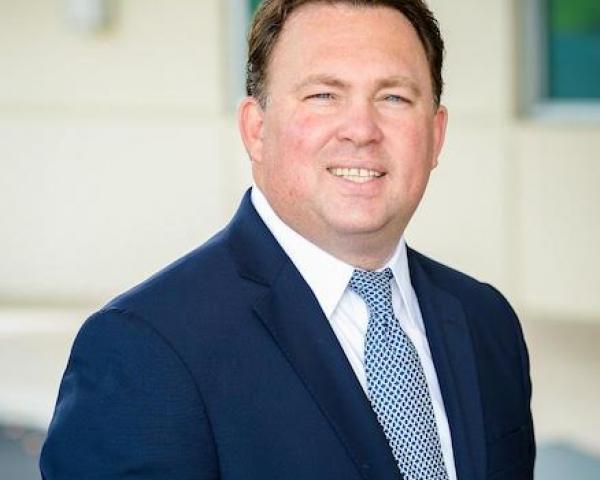Environmental, social and governance (ESG) is a philosophy, not a catchphrase. A principle for the good of expanding principal, ESG is a chance for the insurance industry to do well by doing good. This chance is real, measurable and beneficial. This chance is, in other words, not chancy.
This chance is a matter of reducing risk, not increasing it; of insuring financial security, not issuing assurances in lieu of guaranteeing them; of building assets, not buying losing properties. Seizing this chance should be a priority for every insurer.
About financial security, about the chance for the insurance industry to make this concept a reality, about the chance for insurers to offer security without the double-dealing that plagues the securities industry, about the chance to free Main Street from the speculation and volatility of Wall Street, I write of what I know. That is to say, I believe in ESG because I refuse to do business without it.
Where environmentalism is unimportant, pollution is common. Where social activism is unacceptable, pollution of the soul is certain. Where governance is unachievable, pollution of society—wholesale corruption—is unavoidable.
These conditions are not, however, exclusive to Wall Street.
Just as the forces of nature carry contaminants from one place to another, just as what is tolerable in one place is toxic to another, just as what is commonplace on Wall Street is cancerous to Main Street, the only way to prevent a catastrophe is to redirect those forces that threaten the insurance industry; to force the winds to change course without harming individuals or institutions.
ESG is, then, a policy from which policies—insurance policies—follow.
Demand for these policies is substantial, which means insurance advisers can be true to their profession, advising clients on how to transform values into valuable commodities.
Advice starts with education, where insurers invest in themselves and their clients.
The ROI goes beyond the issuance and signing of policies, because the greatest return is an audiovisual experience. An experience of sound and sight, where truth resounds without interference and righteousness flows without interruption. An experience that echoes throughout the insurance industry, attracting admirers across the nation.
ESG’s timeliness does not detract from the qualities that make it timeless, as if environmentalism is ephemeral or social concern is seasonal, as if governance is a fad rather than a fundamental basis for freedom and private property.
See also: Diversity and Respect: Best Insurance Policy
The insurance industry has a responsibility to support ESG, inspiring others to do the same. Truth governs this responsibility, regardless of how popular environmental, social and governance is; regardless of how newsworthy this responsibility is; regardless of how much more remunerative this responsibility is than all other things.
ESG is crucial to establishing and maintaining trust.
ESG is also crucial to increasing trust, so the insurance industry can serve clients by protecting them.
ESG is a cause that demands our interest, defines our interests and determines the interest we earn.
A cause this great deserves an industry—the insurance industry—with a commitment to greatness.








